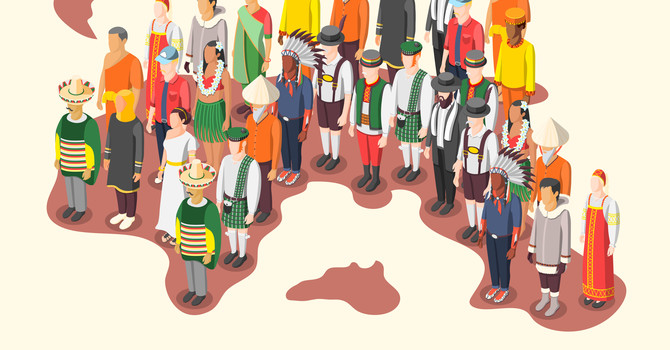
The Psychological Impact of Government Unrest Over Trump-Era Tariffs
Government unrest often sends ripples far beyond legislative chambers, affecting the emotional and mental well-being of the general public. The debate and unrest surrounding the tariffs introduced during the Trump administration—a topic of heated discussion domestically and internationally—are no exception. While the focus is often on the economic consequences, the psychological effects of this unrest on individuals and communities warrant serious consideration.
The Fear of Financial Instability
Tariffs, particularly those targeting industries such as agriculture, manufacturing, and technology, often lead to market fluctuations, job uncertainty, and increased costs for consumers. For families already struggling to make ends meet, the prospect of rising prices or job losses creates heightened anxiety. Prolonged uncertainty—fueled by media coverage of government conflict over these policies—can lead to chronic stress, characterized by feelings of helplessness, worry, and even physical health issues such as headaches or fatigue.
Polarization and Social Division
The highly polarized nature of the tariff debate intensifies political and social divisions. People may find themselves in heated arguments with family, friends, or coworkers, creating tension in personal relationships. Social media’s amplification of political disagreements exacerbates this division, fostering echo chambers and increasing feelings of alienation. Over time, such polarization can erode trust within communities, making individuals feel isolated and disconnected.
Cognitive Overload and Decision Fatigue
Government unrest, particularly on topics as complex as tariffs, bombards individuals with an overload of information. Economic policies are often difficult for the average person to fully grasp, and conflicting narratives from news outlets can create confusion. This cognitive overload can lead to decision fatigue, making it harder for people to focus on everyday tasks, plan for the future, or make informed choices about their personal finances.
The Psychological Toll of Uncertainty
Uncertainty about the future is one of the most significant contributors to stress. When individuals are unsure how policies might impact their job security, investments, or daily expenses, they may begin to experience symptoms of anxiety or depression. For business owners, especially small business entrepreneurs, the pressure is even greater. Many worry about the long-term viability of their enterprises if tariffs disrupt supply chains or raise operating costs.
Coping With the Stress of Government Unrest
While the psychological impacts of tariff-related government unrest can feel overwhelming, there are steps individuals can take to protect their mental health:
-
Limit Media Consumption: Staying informed is essential, but excessive exposure to news can heighten stress. Setting boundaries around media consumption helps mitigate this.
-
Focus on What You Can Control: While you may not influence national policy, you can take small, proactive steps to safeguard your financial health, such as creating a budget or building an emergency fund.
-
Practice Stress-Reduction Techniques: Techniques such as mindfulness, deep breathing, or physical exercise can help reduce stress levels and improve overall well-being.
-
Seek Support: Sharing your concerns with trusted friends, family, or a therapist can provide relief and help you process your emotions.
A Collective Need for Stability
Government leaders and policymakers must recognize the psychological toll their decisions and public conflicts have on the population. Transparent communication, bipartisan cooperation, and a focus on stability can help reduce public anxiety. In a time when mental health awareness is more important than ever, it’s critical to acknowledge the broader implications of political unrest and work toward solutions that prioritize both economic and emotional well-being.
The debate over Trump-era tariffs serves as a stark reminder of how closely economic policies and psychological health are intertwined. By addressing these challenges holistically, we can foster a society that is not only resilient in the face of economic uncertainty but also equipped to support the mental health of its citizens.
.JPEG)
.JPEG)





